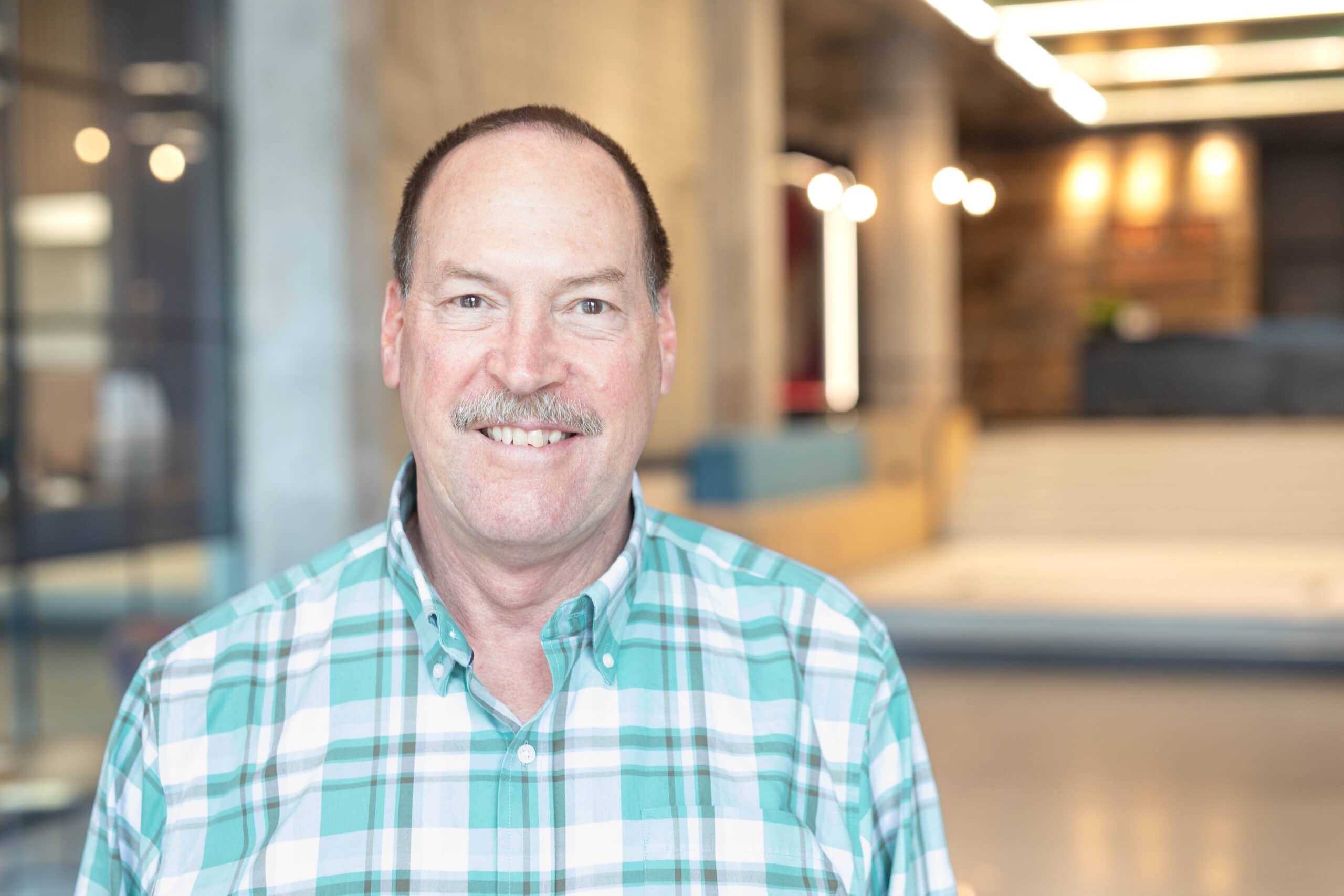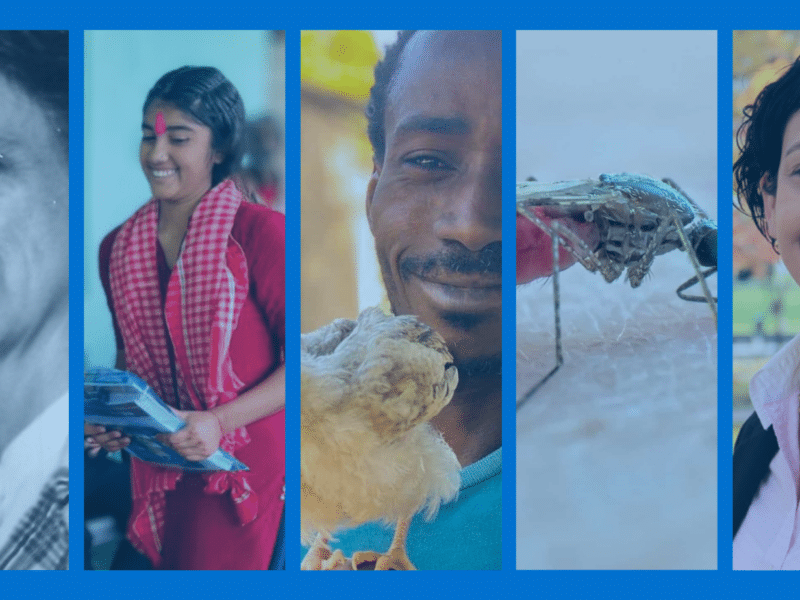Douglas Storey, an international leader in the field of communication science, a popular professor and a prolific researcher who has been with the Johns Hopkins Center for Communication Programs for nearly 30 years, plans to retire on July 31.
Storey’s career has spanned the globe, from Indonesia to Tanzania to Egypt to Baltimore, as he led the design and management of more than 100 applied research projects since 1993, the year he came to the Johns Hopkins Bloomberg School of Public Health. His work in applied communication research has ranged from family planning to coral reef restoration to vaccine acceptance, among many other health and social development topics.
“He’s been a backbone of the institution forever,” says Susan Krenn, who retired this year as CCP’s longtime executive director. “He’s worked on just about every project imaginable, in every region with every team over the years. He fully engages not just on the research side but working with the program side to bring research alive.”
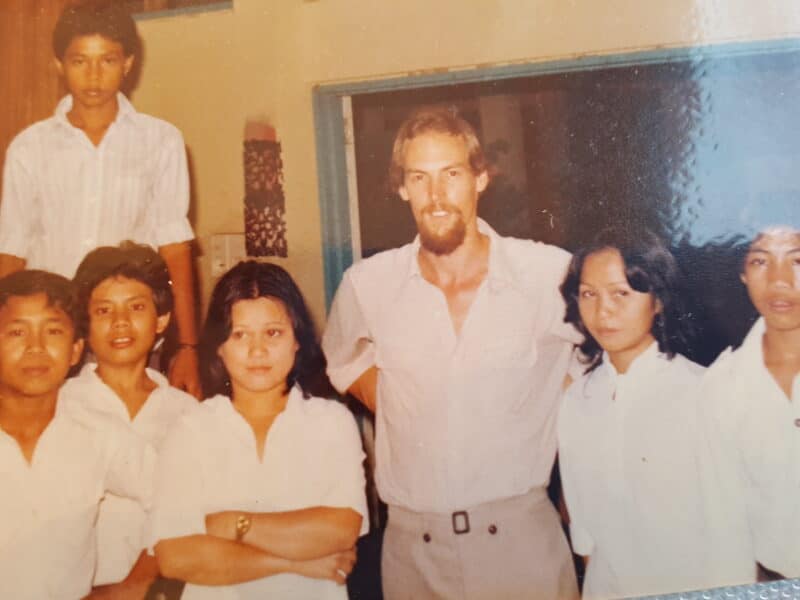

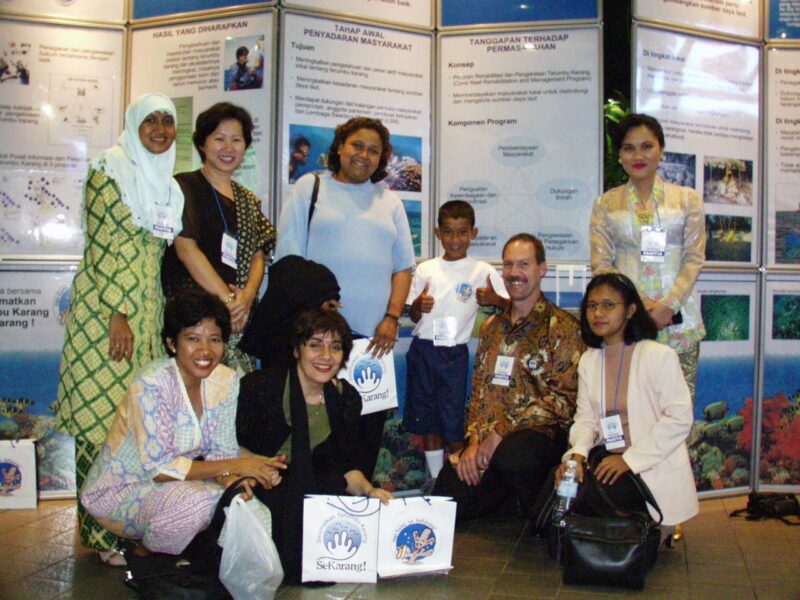
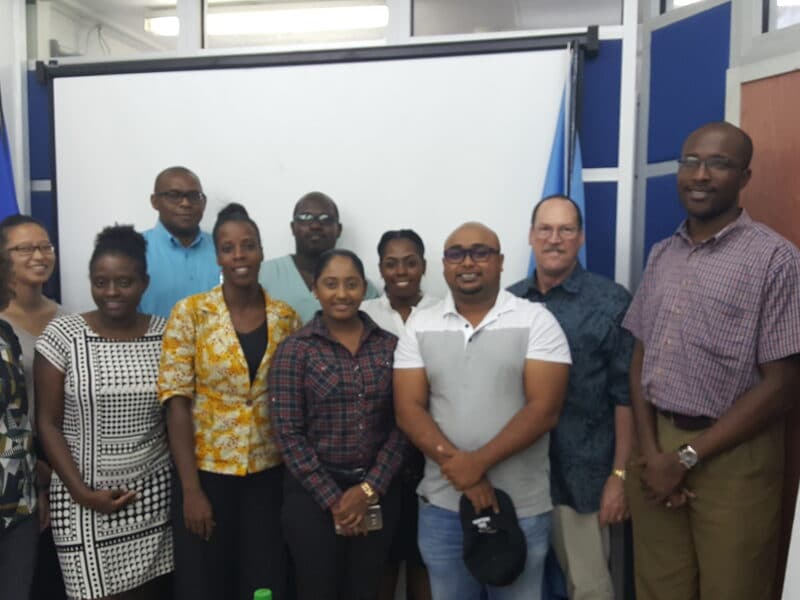
Over the years, Storey has been a driving force for evolving the field of social and behavior change, with his zealous belief in the power of communication – driven by communication research – to motivate positive social change. Donors and leading non-governmental organizations turn to Storey when they need assistance.
“It’s time,” Storey says of his decision to retire. “I’ve put a lot of my professional and personal life into CCP since 1993. But there is a new generation at CCP, totally creative, totally dedicated to the mission of the center and it’s time to entrust things to the next generation.”
He also teaches one of the most popular classes in the Bloomberg School’s Department of Health Behavior and Society, which has prepared more than 1,200 students to do strategic communication work over his time here. He has mentored dozens of PhD and master’s students over the years. As important as his research is, he is well-known for his excellence in teaching. Students come to HBS so they can study under him.
“He’s one of the most popular teachers at the school of public health,” says William Glass, CCP’s interim executive director who has been at the center for decades. “He has mentored a generation of specialists in this field. He thinks of himself primarily as a teacher, sharing knowledge and encouragement.”
“Doug is a peacemaker and a builder of bridges,” says Stella Babalola, CCP’s director of research and evaluation. “You can always count on him to reconcile opposing views without making anyone feel slighted. He only has kind words to say about everyone.”
Just his month, Storey was honored with the Excellence in International Public Health Practice by the Bloomberg School, a perfect capstone to his career. The award recognized his work on CCP’s COVID-19 Behaviors Dashboard and its precursor the KAP COVID Dashboard, for “providing critical, influential and real time COVID-19 data and insights to the World Health Organization and other organizations to support communication and information dissemination across the world.”
Storey earned his bachelor’s degree in biology and secondary education from Bucknell University, his master’s in journalism at the University of Texas at Austin and his PhD in communication research from Stanford University. He served in the Peace Corps in Malaysia and Belize and speaks Bahasa, the official language of Indonesia. He is the author of dozens of peer-reviewed research papers and has written 16 book chapters.
In 1987, he co-wrote a seminal and widely cited chapter in the Handbook of Communication Science on the theory and practice of communication campaigns, which has been cited more than 500 times. All these years later, it is still recognized as one of the main starting points for applied research and practice in this field. He was also the first researcher to document population-level changes in behavior attributable to a national entertainment-education serial drama: the Radio Communication Project in Nepal (1994-1999).
Storey’s greatest skill may be in quickly turning his research insights into program ideas that can have immediate impact on people around the world.
“Doug is so adept at putting research immediately into program design and message delivery,” says CCP’s Alice Payne Merritt, a deputy director.
Says Glass: “Doug really thinks through what the data are telling us about how we should shape programs. He listens to the data. People talk about data-driven programs, but he just takes it to this higher level. He’s hyper-committed and passionate. I’ve never met anyone else so committed to this approach.”
Storey has served on advisory committees at the World Health Organization, conducted external reviews for UNICEF, served for four years as chair of the health communication section of the International Communication Association, and currently co-chairs the program subcommittee for the 2022 International Social and Behavior Communication Change Summit, scheduled for Morocco in December. He has helped build capacity for human-centered design at the center and articulated how it complements and strengthens the center’s research agenda and other formative research methods.
In his retirement, Storey hopes to travel domestically, to national parks, since most of his career has included long stints of travel all over the world. He has performed community theater with the Woodbrook Players at Govans Presbyterian Church in Baltimore and would like to continue that. He also plans to do more community service projects with the church.
“And I will always be interested in what CCP does next,” Storey says.

